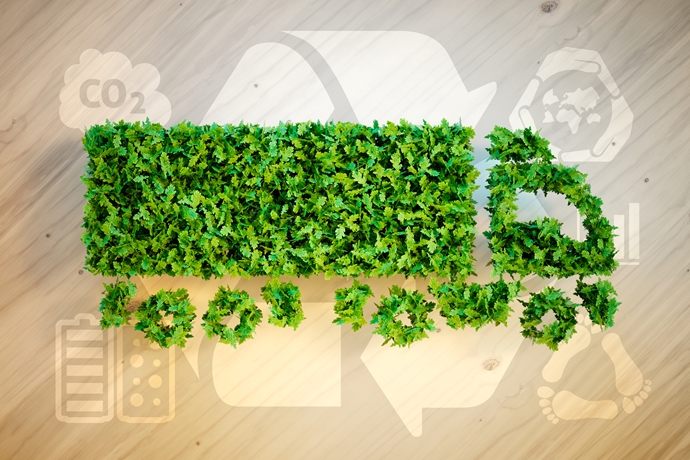
Environmental responsibility is a massive challenge facing the transport industry, which is looking to produce more efficient vehicles, at times ahead of the pace of the supporting infrastructure.
Organisations such as the Australian Trucking Association (ATA) encourages the adoption of environmental best practice urging companies to take responsibility to reduce negative environmental impacts and improve current environmental behaviours and performance. However best practice can be outpaced by innovations and community expectations, so continuous ongoing reviews and improvements are key.
For manufacturers such as Hino, there is a very real need to consider changes over the entire maturation of its products, and as such, it is one of few organisations that has committed to a long term plan, the Hino Environmental Challenge 2050.
Six key areas have been identified for targeting, namely zero CO2 emissions from new vehicles, as well as over the lifecycle of the vehicle and from the factories, while also minimising and optimising water usage, creating zero waste in production, and minimising the impact on biodiversity.
While driving, CO2 emissions could potentially be lowered via the use of plug-in hybrids, electric and fuel cell vehicles, the initiatives also seek to improve the efficiency of present-day diesel and diesel hybrid engines.
For over eleven years now, Hino has been leading the industry locally with the Hino 300 Series Hybrid, which tops the light-duty class in terms of fuel efficiency.
The model not only offers reduced running costs via lowered fuel economy, but also via minimised clutch and brake wear, while carbon monoxide, carbon dioxide, particulate matter and nitrogen oxide emissions are also reduced.
There are multiple issues at play regarding future model planning, with specific issues in Australia surrounding the level of electrification infrastructure available, and the environmental impact of the current forms of electricity generation.
“On the electrification viewpoint, I know there is a lot of talk about that in the marketplace. To be perfectly frank at this point, there is zero infrastructure in Australia to support electrification of almost anything, including cars, certainly not trucks, and certainly not long-haul trucks,” said Bill Gillespie, Hino Australia General Manager of Brand and Franchise Development.
“The other issue is that there are zero incentives from governments, state or federal, to support electric vehicles or any alternate fuel vehicles at this point.
“In terms of other solutions, there are hydrogen fuel cell, hydrogen hybrid, diesel hybrid, and in terms of those items, the Toyota Group has advanced along way with hydrogen.
“For diesel hybrid, Hino and the Toyota Group remain the leaders in hybrid technology, and Hino in Australia is the only company that offers hybrid diesel, which is a viable, real-world, and present alternative to diesel only, and we remain one hundred percent committed to that.
“Another consideration in the debate is the source of electricity for the plug-in vehicles – when you look at brown coal electricity, frankly that is dirty fuel in my view, and in a lot of other people’s view.
“We don’t have many alternatives for that in this country either, so we’re yet to be convinced.
“Electric vehicles remain on the horizon, and as a part of the thinking for Hino globally… but I don’t believe that people have done the right cradle to grave calculations locally.
“There is a lot on the table, and a lot that has been discussed – at this point, Hino remains committed to diesel hybrid, it’s not the perfect solution, it’s not the end solution, but at this point in our view, it is the best solution at this time.”
Another key area of investigation is biofuels, which utilises renewable or waste products that are turned into ethanol or biodiesel, which can offer emissions advantages and local fuel security.
The flipside is that the entire lifecycle of biofuels must be taken into consideration when assessing its environmental impact, with production competing for water and land use against livestock and crops.
“There are a lot of people sitting on the fence regarding biofuels too,” said Mr Gillespie.
“There has been a huge push on e10 and other biofuel sources, but there is a lot of research around that cost, and perhaps the damage to the environment in growing that crop, is almost worse that we presently have available.”
To view Hino Australia’s latest Corporate Environmental statement, click here.